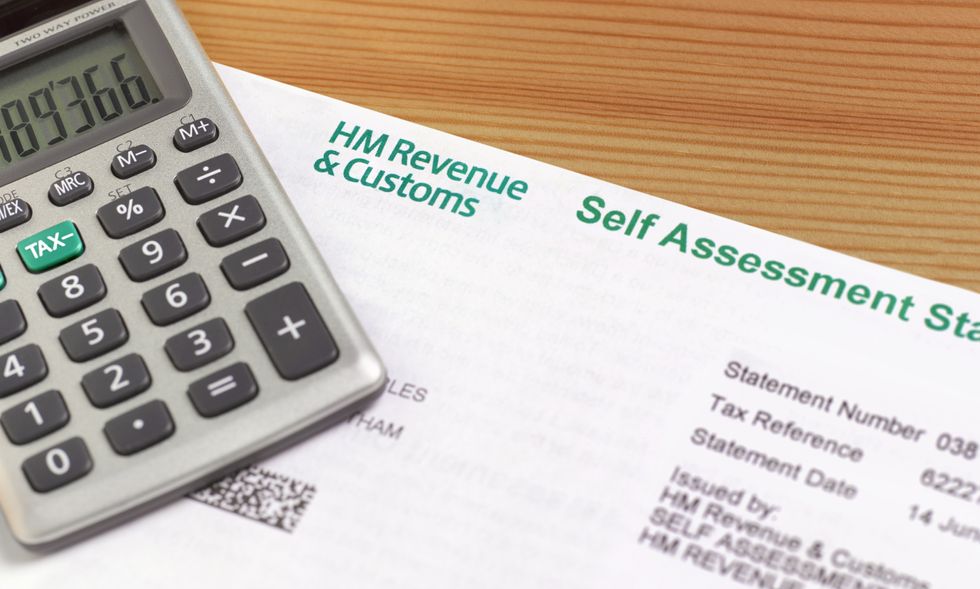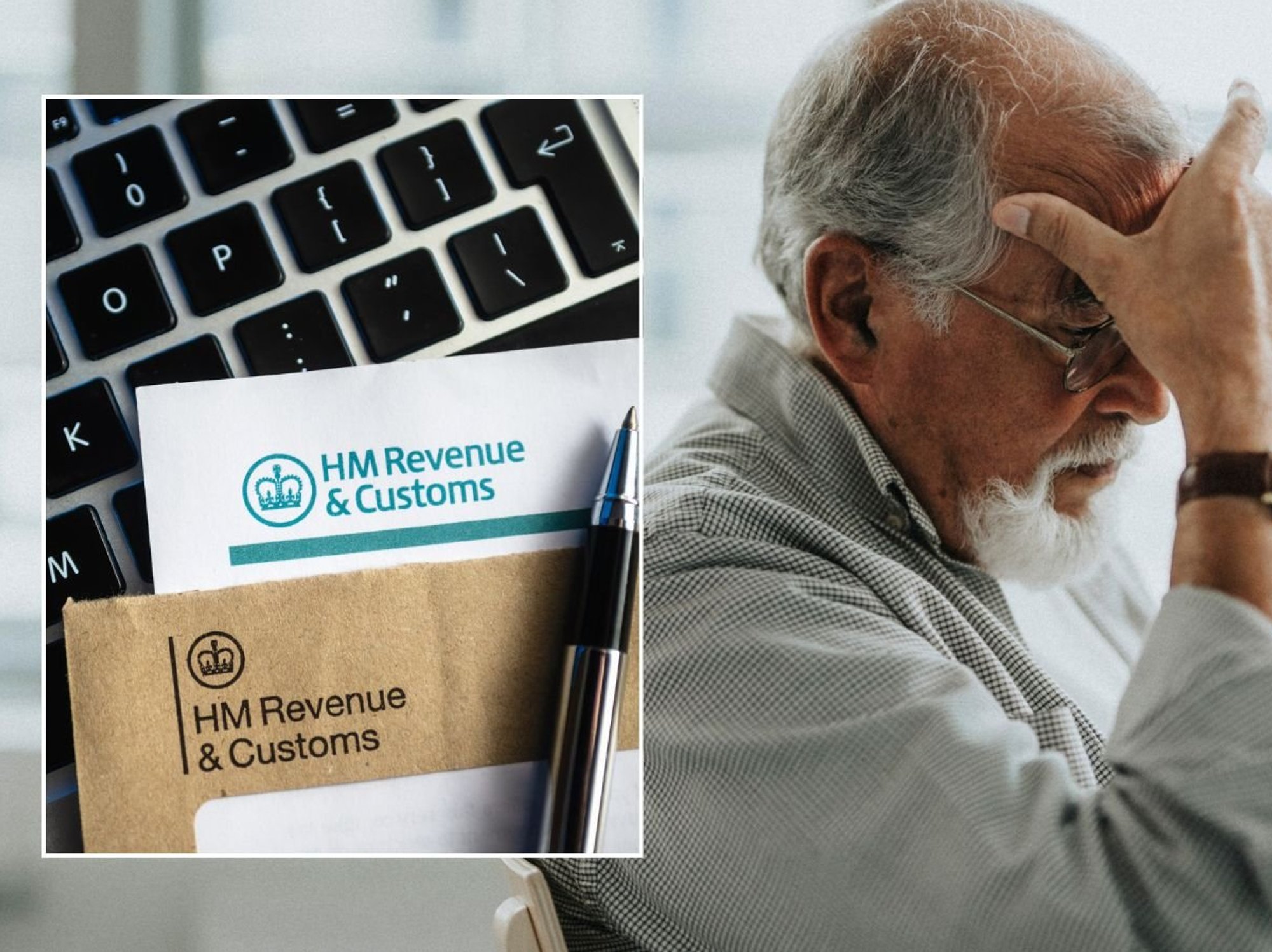HMRC issues scam warning to millions of Self-Assessment taxpayers as criminals 'offering fake tax refunds'

Alan Miller fumes at the revelation that British taxpayers are forking out billions so migrants can receive freebies, such as gym memberships |
GB NEWS

The tax authority is reminding Self-Assessment filers to be on the alert for scams from criminal fraudsters
Don't Miss
Most Read
HM Revenue and Customs (HMRC) has issued a scam alert to the millions of working Britons, who are required to submit Self Assessment returns to the tax authority.
The Government department is cautioning self-employed individuals about potential fraudulent schemes, which could target them ahead of the next filing date.
According to the tax body, criminals frequently pose as HMRC representatives, attempting to deceive taxpayers through bogus refund offers or threats of immediate payment demands.
Scammers seek to obtain confidential financial and personal data. The department emphasises that login credentials, passwords and security codes must remain confidential, regardless of who requests them - including trusted individuals or those assisting with tax matters.
**ARE YOU READING THIS ON OUR APP? DOWNLOAD NOW FOR THE BEST GB NEWS EXPERIENCE**

HMRC has issued a scam warning to Self-Assessment filers
|GETTY
Submitting returns promptly may reduce vulnerability to these schemes, as early filers are better positioned to recognise fraudulent approaches when the deadline approaches.
During the twelve months ending in July 2025, HMRC received reports of more than 170,000 suspected fraudulent communications from concerned members of the public.
This figure represents a twelve per cent decline from the preceding twelve-month period. However, fraudulent tax rebate schemes remained prevalent, accounting for over 47,000 of the total reports submitted.
Fake refund notifications remain a particularly common tactic employed by fraudsters seeking to extract personal information from taxpayers.
Do you have a money story you’d like to share? Get in touch by emailing money@gbnews.uk.
 Self-employed individuals need to file their tax returns | GETTY
Self-employed individuals need to file their tax returns | GETTYKelly Paterson, HMRC's Chief Security Officer, broke down what taxpayers need to be on the lookout for to ensure they do not fall victim to fraudsters.
Ms Paterson said: "Scammers target individuals when they know Self Assessment customers will be preparing to file their tax returns.
"We're urging everyone to stay alert to scam emails and texts offering fake tax refunds."
"Taking a moment to pause and check can make all the difference. Report any suspicious activity to us before the fraudsters do any more harm. Search 'HMRC scams advice' and refer to the scams guidance on GOV.UK to stay informed and protect yourself."
MEMBERSHIP:
- Interactive map reveals how many migrants have entered on Keir Starmer's watch - find out the number in YOUR area
- Labour's property tax is about to wipe out the middle classes in London and the South East - Kelvin MacKenzie
- Trigger warning: What I have to say about Notting Hill Carnival will deeply upset the woke - Peter Bleksley
- Reform UK faces eight pivotal tests in 24 hours as Nigel Farage gears up for battle following shock resignation
- POLL OF THE DAY: Following the Epping win, should we close all migrant hotels? VOTE NOW
The tax authority confirmed it would never leave threatening voicemails about arrests or legal proceedings, request financial or personal data through email or text, or use these channels to notify customers about refunds.
Taxpayers who encounter suspicious messages can forward questionable emails directly to phishing@hmrc.gov.uk for investigation.
LATEST DEVELOPMENTS:

Taxpayers are urged to be on the alert for scammers
| GETTYFraudulent telephone calls should be reported through the official government website at GOV.UK, whilst dubious text messages can be forwarded to 60599.
The department stresses that legitimate refunds are processed exclusively through secure HMRC online accounts or the official mobile application.
Recipients of any communication purporting to be from HMRC should verify its legitimacy by consulting the official scams guidance available on the government website.
This verification process is particularly crucial for messages requesting personal information or promising unexpected tax rebates.
More From GB News










